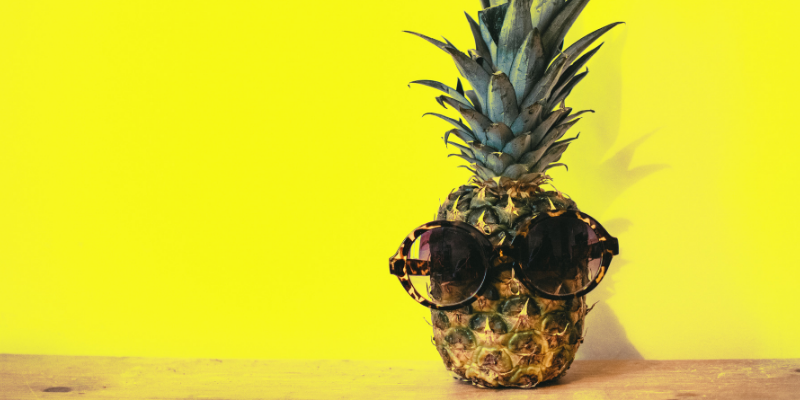Which Foods Help and Hurt Bruising?

Bruising is a common side effect following some in-office skin treatments, such as injectable fillers, Kybella™, BOTOX®, and microneedling. The good news is that there are ways that you can help to prevent or minimize bruising and swelling. One easy method is to pay attention to what you eat and don’t eat before and after your appointment.
What to Eat before Your Appointment
It is recommended that you eat a meal before your appointment so that you do not get light-headed. Most people also tend to feel less discomfort or pain when they are full, so you don’t want to show up on an empty stomach. As an added bonus, certain foods, spices, and supplements can help to reduce the risk of bruising when eaten for several days before treatment.
- Dark, leafy greens. These foods, such as spinach and kale, are rich in vitamin K, which may help to speed up skin healing and reduce bruising and swelling.
- Pineapple. This tropical fruit contains an enzyme called bromelain, which has been shown to break down the pigments that form in the skin when it is bruised.
- Arnica supplements. Arnica montana is a natural remedy that has long been used to help speed up the healing process, reduce inflammation, and constrict blood vessels in order to reduce bruising and swelling. You can find this ingredient in convenient capsules from brands like Arnika Forte.
- Zinc-rich foods. Zinc is an essential component of the body’s wound healing process, so eating foods rich in this nutrient may help to accelerate healing and make bruises go away faster. Zinc-rich foods include beef, pumpkin seeds, chickpeas, and cashews.
What Not to Eat before Your Appointment
Around ten days before getting injectables and other in-office skin treatments, you should avoid eating certain foods and taking certain medications and supplements. Generally speaking, any foods, medications, or supplements that can thin your blood should be avoided, as this can lead to bruising. Ask your doctor for a full list of the foods and supplements he or she recommends avoiding before your treatment. Here are just a few of the top things to avoid.
Foods to Avoid:
- Garlic
- Ginger
- Ginkgo
- Ginseng
- Green tea
- Salmon, cod, mackerel
- Turmeric
- Foods high in vitamin E, such as almonds, sunflower seeds and oil, and olives
- Alcohol
Supplements to avoid:
- Saint John’s wort
- Vitamin E supplements
- Fish oil
- Flaxseed oil
- Feverfew
Medications to avoid:
- Aspirin
- Ibuprofen
- Naproxen
- Blood thinners
What to Eat after Your In-Office Treatment
After your appointment, you should be able to resume your normal diet and supplement schedule, with the exception of alcohol. Try not to drink alcohol for at least the first 24 hours after your treatment, as alcohol consumption can lead to swelling and redness.
Eat plenty of foods that are rich in vitamin C and vitamin A to help stimulate collagen production and accelerate the healing process. Vitamin C is found in foods like citrus fruits, bell peppers, and broccoli. Vitamin-A rich foods include carrots, sweet potatoes, and salmon.
In Summary
Some amount of bruising may occur after getting in-office treatments like injectables, and some people are more prone to bruising than others. That said, pay close attention to your diet in the days leading up to and after your appointment to minimize the amount and severity of bruising and swelling and help your skin heal as efficiently as possible.
For more skin care tips, tricks, and advice from Dr. Leslie Baumann, be sure to follow Baumann Cosmetic on Facebook, Instagram, and YouTube.
©2019 Metabeauty, Inc.


